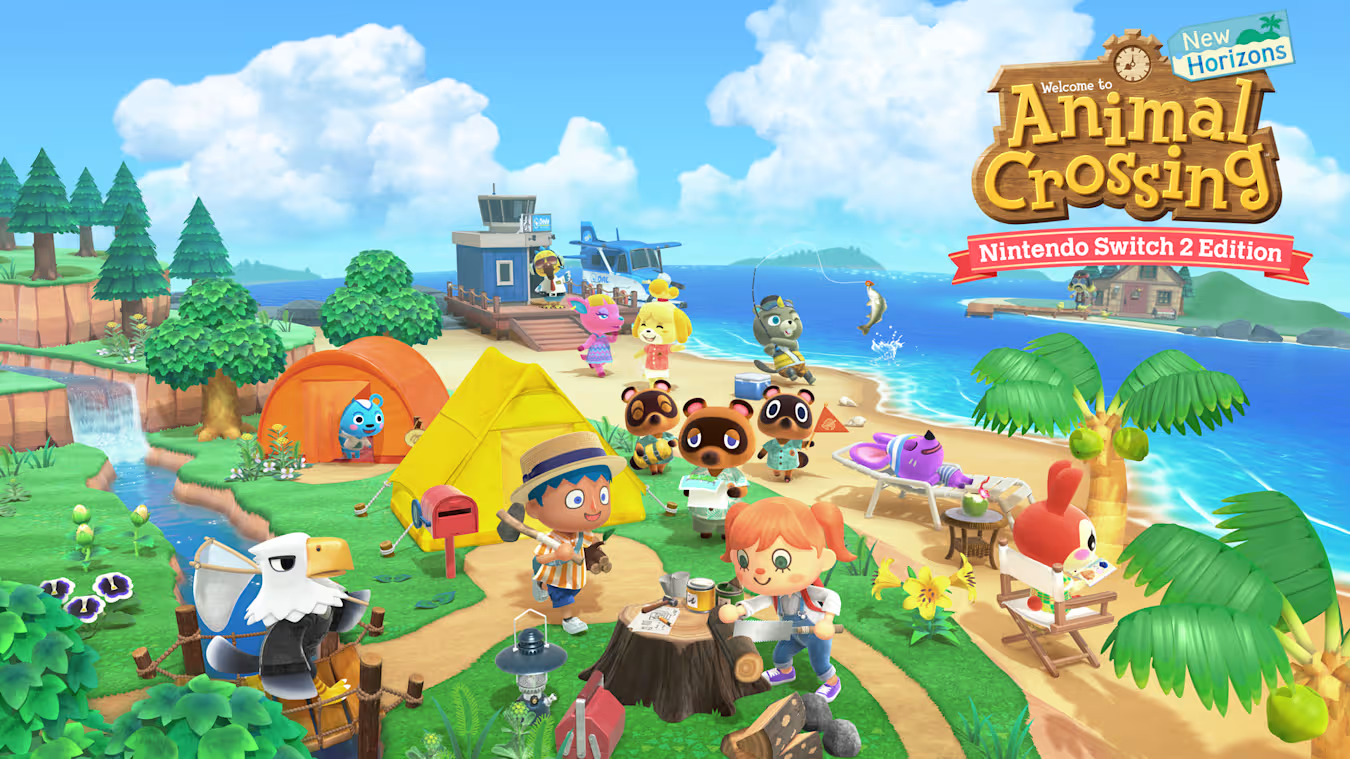However, my mom was another story. I remember her playing Dr. Mario a lot, and we played Donkey Kong Country together when I was young—standard millennial childhood family gaming stuff. But the games I most associate with her from my childhood are adventure games. She liked King’s Quest, of course—but I also remember her being particularly into the Hugo trilogy of games.
As I mentioned above, I struggled to get hooked on those. Fortunately, we were able to meet in the middle on The Colonel’s Bequest.
I remember swapping chairs with my mom as we attempted additional playthroughs of the game; I enjoyed seeing the secrets she found that I hadn’t because I was perhaps too young to think things through the way she did.
Games you played with family stick with you more, so I think I mostly remember The Colonel’s Bequest so well because, as I recall, it was my mom’s favorite game.
The legacy of The Colonel’s Bequest
The Colonel’s Bequest may have been a pivotal game for me personally, but it hasn’t really resonated through gaming history the way that King’s Quest, The Secret of Monkey Island, or other adventure titles did.
I think that’s partly because many people might understandably find the game a bit boring. There’s not much to challenge you here, and your character is kind of just along for the ride. She’s not the center of the story, and she’s not really taking action. She’s just walking around, listening and looking, until the clock runs out.
That formula has more niche appeal than traditional point-and-click adventure games.
Still, the game has its fans. You can buy and download it from GOG to play it today, of course, but it also recently inspired a not-at-all-subtle spiritual successor by developer Julia Minamata called The Crimson Diamond, which we covered here at Ars. That game is worth checking out, too.
Credit:
GOG
And of course, The Colonel’s Bequest creators Roberta and Ken Williams are still active; they somewhat recently released a 3D remake of Colossal Cave, a title many credit as the foremost ancestor of the point-and-click adventure genre.
Ars Technica may earn compensation for sales from links on this post through affiliate programs.


